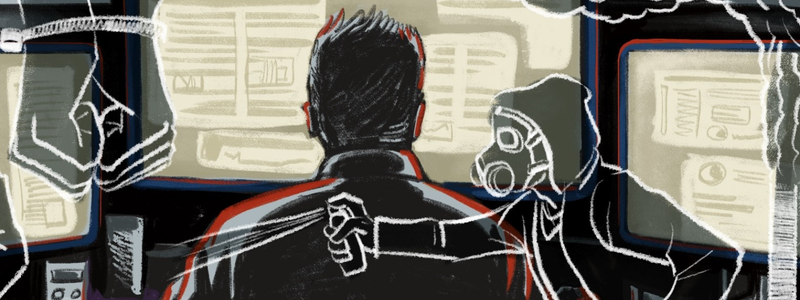Research on Emerging Activity of Criminal and Terrorist Groups (REACT)
Download the Year 6 project summary.
So What?
REACT addresses the threat posed by newly designated foreign terrorist organizations (FTOs) and transnational organized crime (TOC) entities operating in or impacting the U.S. homeland.
Project Summary
The project will build a rigorous, publicly sourced dataset and produce analytic and operational tools to help DHS understand behaviors, tactics, targets, and impacts of these actors, and how they differ from traditional terrorist groups.
Purpose/Objectives
Expected takeaways include clear behavioral signatures, indicators preceding violence, geographic hot spots, and gaps in current reporting.
Method
Work proceeds through requirements gathering with DHS stakeholders, a literature review, sourcing and data collection strategies, creation of a codebook and routine dataset, and iterative qualitative/quantitative analyses including crime mapping. Expected takeaways include clear behavioral signatures, indicators preceding violence, geographic hot spots, and gaps in current reporting.
Outputs and Impact
-
A comparative profile showing how newly designated FTO/TOC entities’ tactics, targets, geographic dispersion, and organizational behaviors align with—and diverge from—legacy terrorist organizations.
-
Actionable pre-incident indicators and patterns (e.g., communications, coordination, weapons/access methods) that can cue interdiction and investigative leads.
-
Identification of U.S. hot spots and crime typologies (violent and key non‑violent) linked to designated FTO/TOC actors, including differences across regions and actor types.
-
Documentation of critical data and reporting gaps that hinder timely threat detection and response, with recommendations to improve collection and standardization.
-
Practitioner-facing toolkits that translate behavioral signatures and indicators into investigative checklists and analytic workflows for DHS partners.
Research Team
Erin Kearns, Ph.D.
- University of Nebraska at Omaha
- Associate Professor, Head of Prevention Research Initiatives at NCITE
- School of Criminology and Criminal Justice
- Expertise: Relationship between public perceptions of terrorism and counterterrorism practices, relationship between communities and law enforcement
Austin Doctor, Ph.D.
- NCITE Director of Strategic Initiatives
- Assistant Professor of Political Science | University of Nebraska at Omaha
- Expertise: Militants, terrorism, irregular warfare, and emerging threats
- Associate Professor
- Elizabeth Reynolds & Beverly Reynolds Professor of Public Affairs and Community Service
- School of Criminology and Criminal Justice
- Expertise: Victimology, human trafficking, social construction of crime
